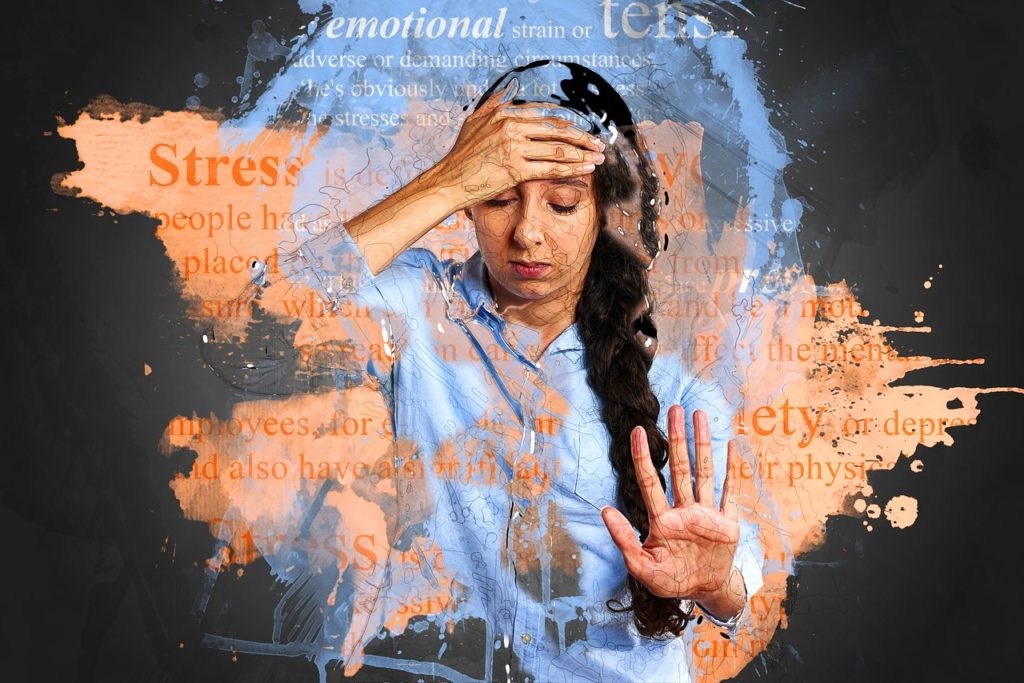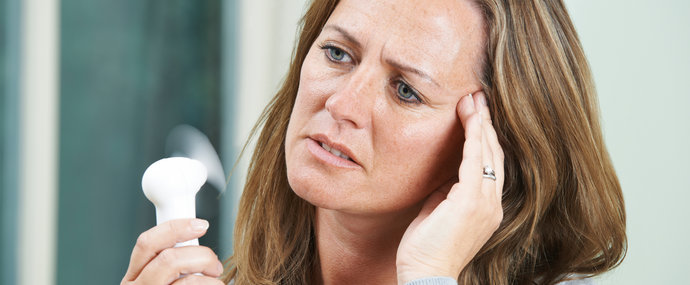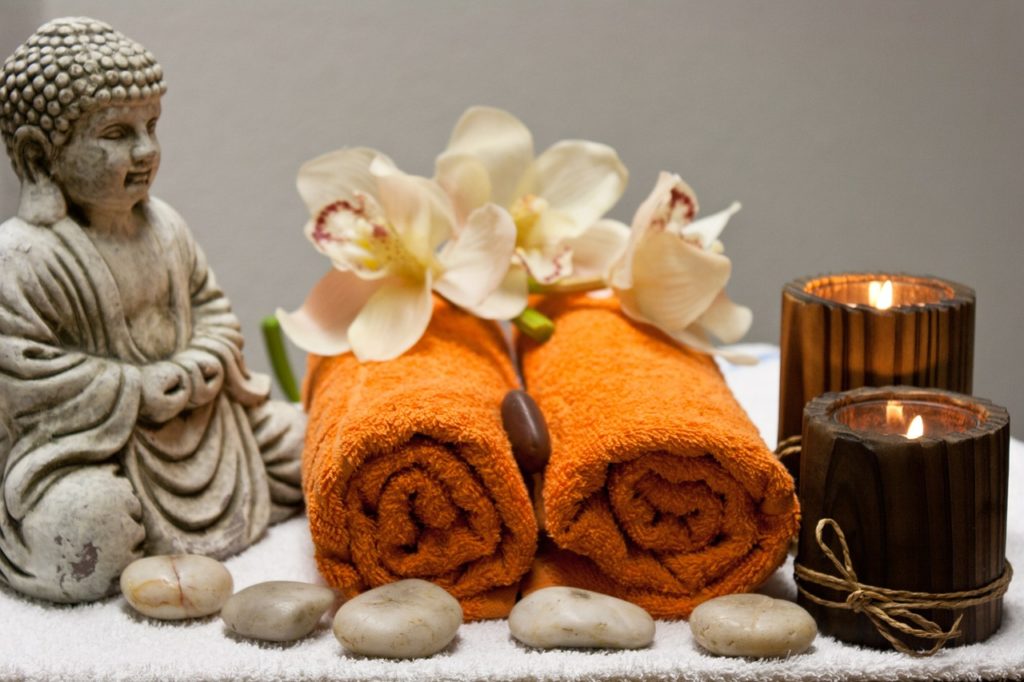An awful lot of women ‘of a certain age’ are googling panic attacks and the menopause right now. Panic attacks and anxiety attacks are very common around menopause. So below, menopause expert Tanya tells us how to deal with a Menopausal Panic Attack!
You are sitting curled up on the sofa, watching your favourite soap on TV. It’s just getting to the juicy cliff-hanger bit when….. you can’t breathe, your heart is pounding, pains shoot across your chest, you have a powerful feeling of dread and foreboding, and you think you are about to die.
Is this you? If it is I completely empathise with you as this was me. I thought I was dying: heart attack, stroke even brain tumour. What I didn’t realise was the panic attack had been triggered by my declining hormones and this would be a recurring feature of my menopause until I took responsibility and took action to minimise the intensity and number of attacks that I was having to deal with.

Panic attacks can be very scary as they come on suddenly and can happen for no reason at all. An attack can last from 5 minutes to 40 minutes. So why do the happen?
Why Panic Attacks Happen In Menopause
Panic attacks happen to women more than they do men and normally begin when a woman hits her 40’s. One reason is the decline in the female sex hormones. Oestrogen and Progesterone work together to regulate mood and any imbalance can trigger an anxiety or panic attack in peri-menopausal/menopausal women.
Normal levels of oestrogen keep our cortisol levels in check. When levels decline, cortisol levels rise causing stress and triggering of panic attacks.
Progesterone’s part in all this is to have a calming effect on the brain. Low levels of progesterone make the body and brain more susceptible to panic and anxiety.

Other factors that are recognised for potentially causing an attack are lifestyle changes that tend to occur as a woman hits menopausal age. Her children begin to spread their wings and leave home, and with it brings feelings and emotions to the surface leaving a woman feeling anxious about the future and her role as a mother and wife. She may even be left with feelings of loneliness and abandonment, not needed and surplus to requirements as her family get on with their own lives. Feelings like this can bring on anxiety and panic, another burden to deal with as her body changes with the decline of her hormones.
It is good to know that panic attacks are not life threatening, even if you do feel like you are about to die at the time. You don’t have to suffer these attacks and there are many measures that you can put in place to help you gain control when experiencing an attack.
Help for Panic Attacks
- Avoid or cut back on caffeine and alcohol. These stimulate activity in the brain which may lead to triggering a panic attack.
- Sleep – try to get around 7 hours of good quality sleep a night. With the menopause that is not always possible as you can suffer with bouts of insomnia. Hence a vicious circle. If you suffer from insomnia try finding a bed time routine that works for you and aids you to have good quality sleep.
- Relax – as you have a panic attack try to remain calm. Getting worked up will make the panic attack worse. Keep saying to yourself “it is just my hormones having a party before they leave. I am going to be ok”.
- Regulate your breathing – With a panic attack we can hyperventilate which causes further anxiety and fear. Begin to regulate your breathing by breathing in for a count of 4, holding your breath for a count of 4 then releasing your breath for a count of eight.
- Try holistic alternatives like Yoga, meditation, acupuncture to help calm the body and get rid of any stress as stress is also a factor for triggering a panic attack.
- Take in some exercise as it drains excess energy, promotes better sleep and even helps regulate your hormones.
Begin to implement these measures and see how they can make a difference to living with menopausal panic disorder.
by
Tanya Clark of Mistress of the Menopause





